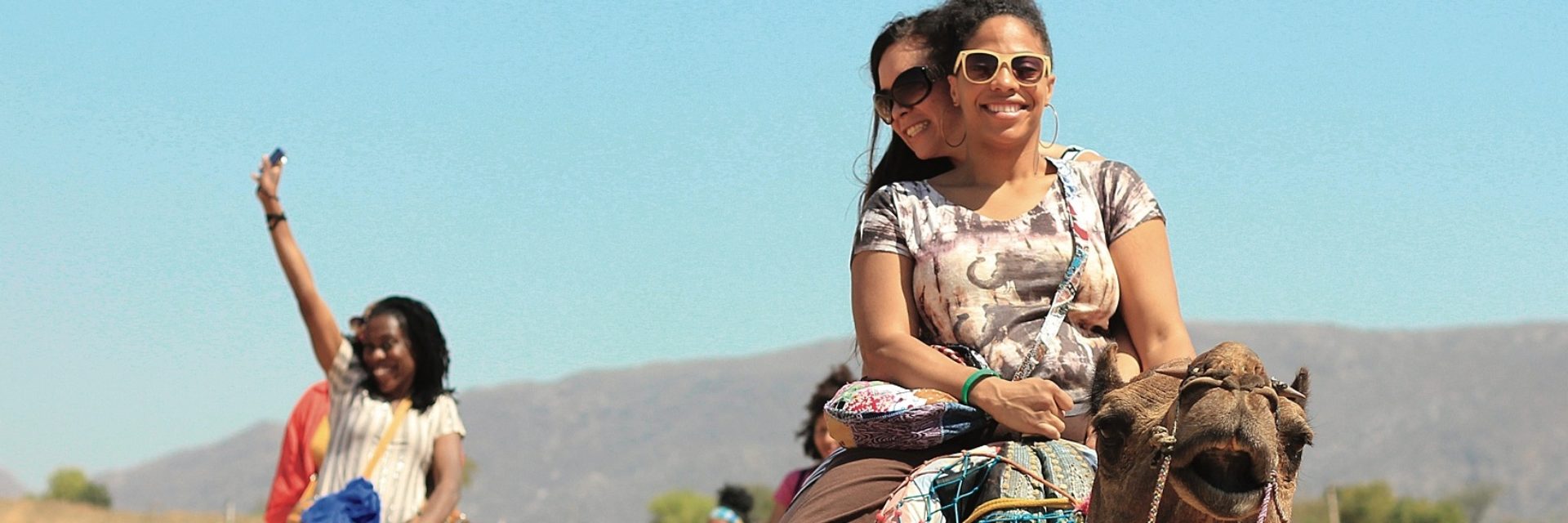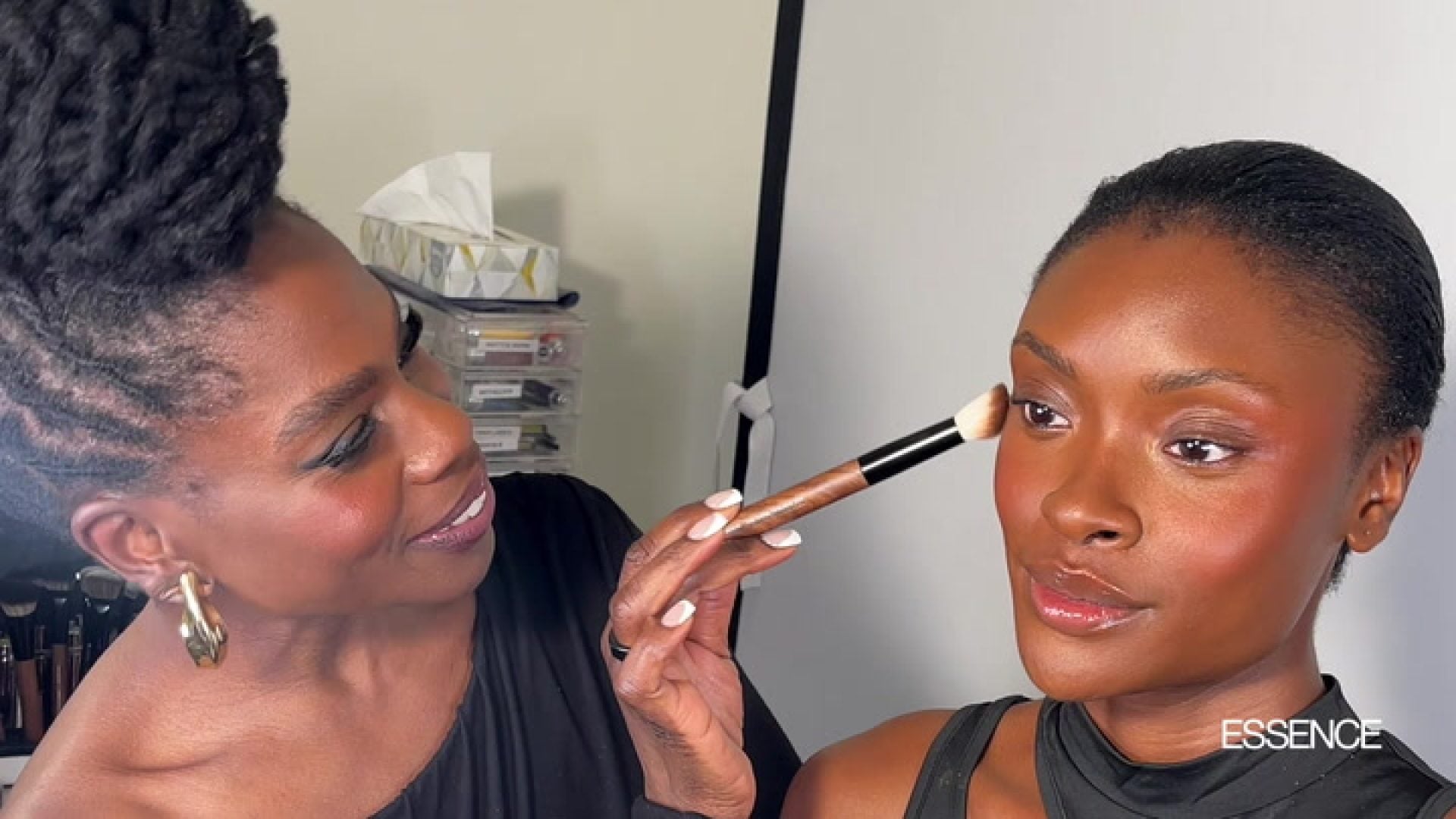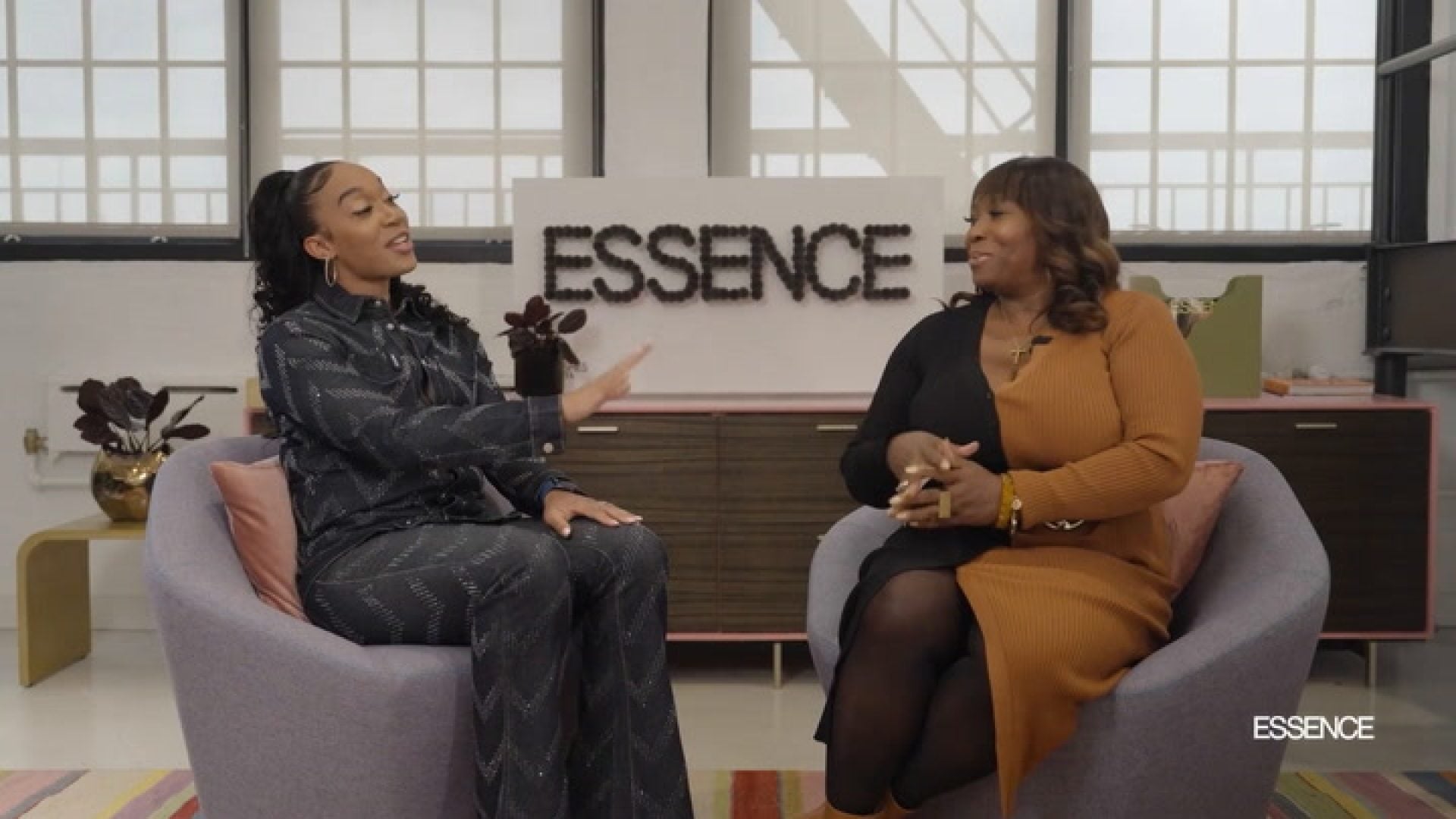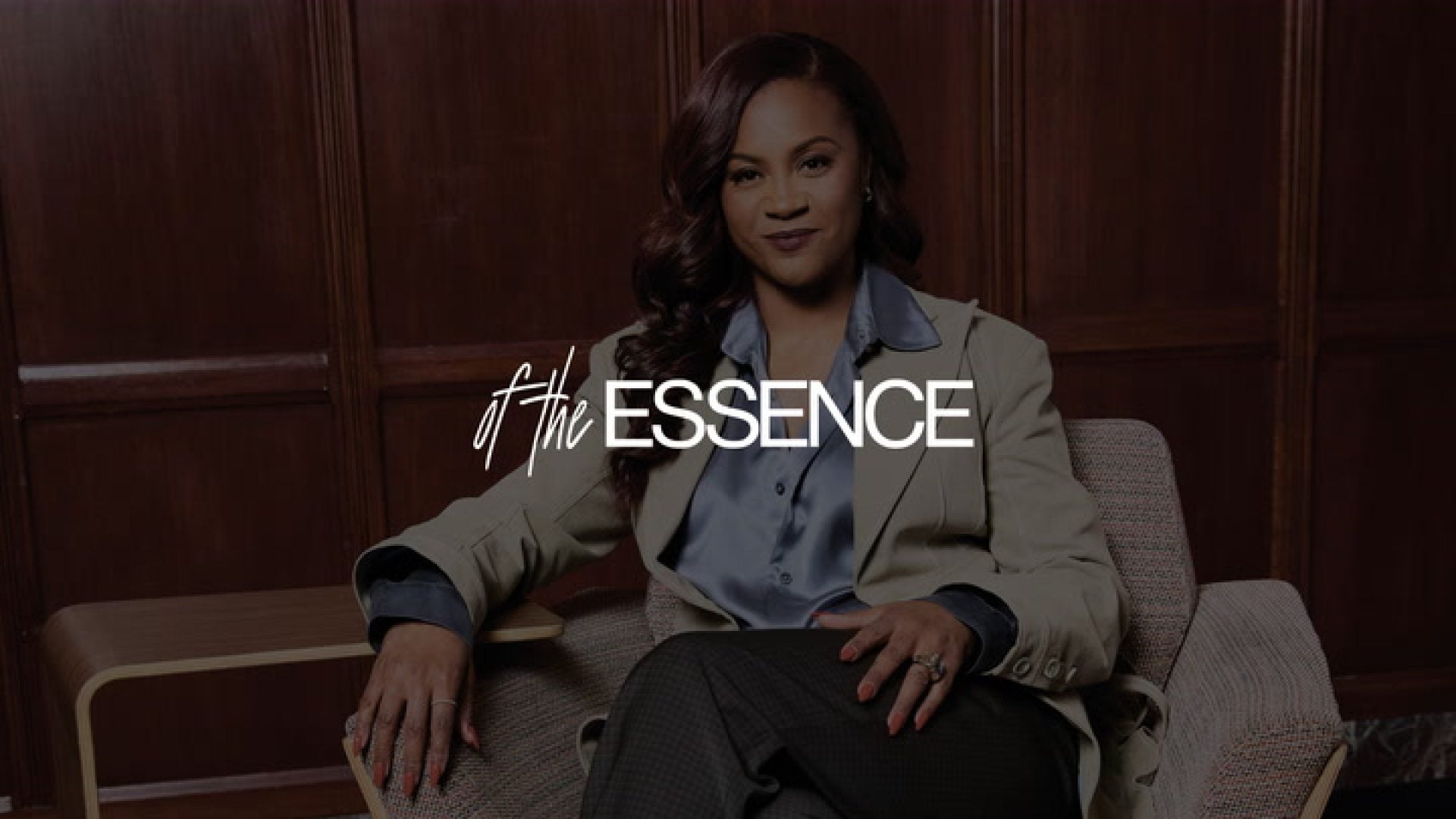By the time Evita Robinson turned 30, she had already visited 30 countries. By contrast, only 42 percent of Americans own a passport. For some, travel is still viewed as a luxury reserved for a privileged few. But for Robinson and those who are a part of her Nomadness Travel Tribe, jet-setting is a way of life.
Launched in 2011, Nomadness is a virtual community for travelers of color that targets millennials. It was also a harbinger of the Black travel movement, a period marked by an uptick in international travel among Black folks. Whether it takes you to Mozambique or Banff, Canada, Nomadness’s travel packages are curated for those determined to get out of their comfort zone and forge lasting bonds with fellow travelers.
Growing up in Poughkeepsie, New York, Robinson first caught the travel bug while visiting relatives in Jamaica and South Carolina. But it was a six-week study abroad program with the New York Film Academy that sealed the deal. Three years later she moved to Niigata, Japan, to teach English, an experience she found transformative. She vlogged about her new life for family and friends and ultimately created the Nomadness Travel Tribe.
With a majority of the group now composed of Black women, the 21,520-member adventure-seeking collective contributes an estimated $50 million to the travel industry annually, according to Nomadness. Here Robinson unpacks her evolving career.
ESSENCE: Tell me about your first job.
EVITA ROBINSON: I was a receptionist at a barbershop. To be in that space at a young age and observe the way men maneuver in the world compared with women was enlightening.
ESSENCE: What’s your best tip for traveling abroad?
ROBINSON: Everybody should get travel health insurance. It’s only 20 bucks, and a number of companies offer it: HTH Travel, Allianz, STA Travel. Just get it. You don’t want to be in a situation where you need it and don’t have it.
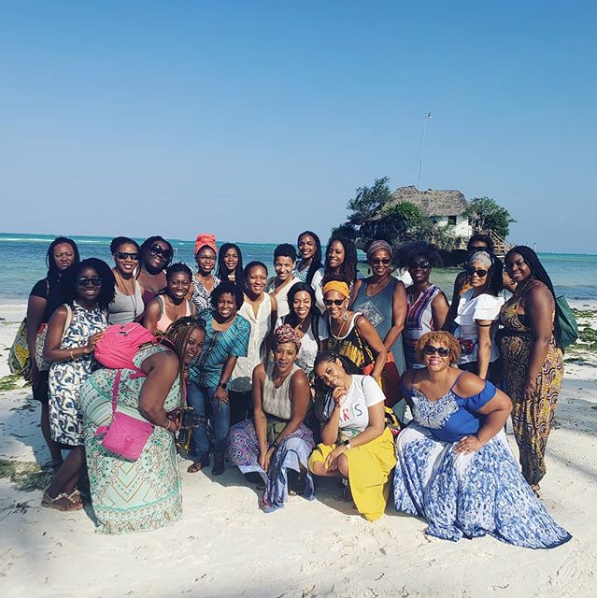
ESSENCE: What’s the most challenging aspect of your work?
ROBINSON: Team building, because I didn’t know I was starting a business when I founded Nomadness. Once I began seeing what people were asking for, whether it was a trip or merchandise, I was led to entrepreneurship.
ESSENCE: How important is building a community?
ROBINSON: The decisions I make are all for the betterment of the community. I went to a mostly White affluent high school, but I lived on the cusp of the inner city, and I used to throw house parties [that attracted everyone]. I’ve been cultivating a community of people who may not have interacted with one another since I was 15. Building community is my beginning and end.
To listen to the full interview with Evita Robinson, check out the UnBossed Podcast.
